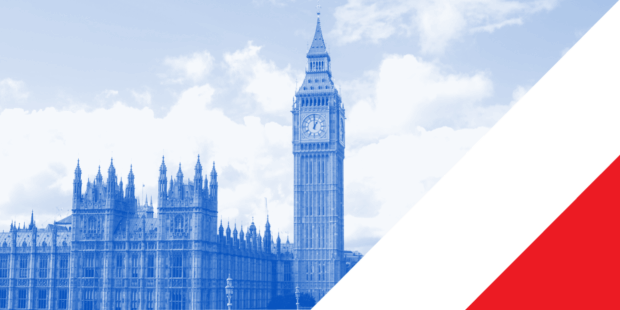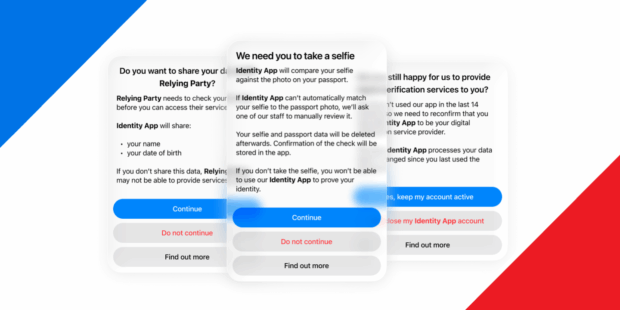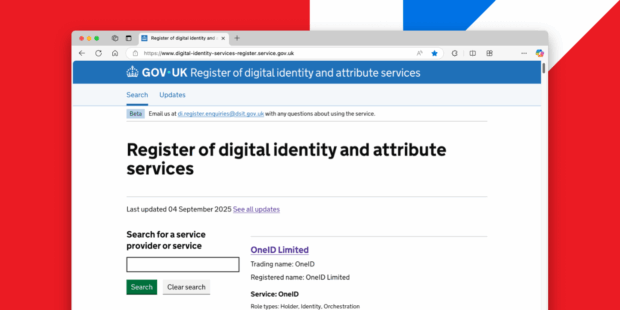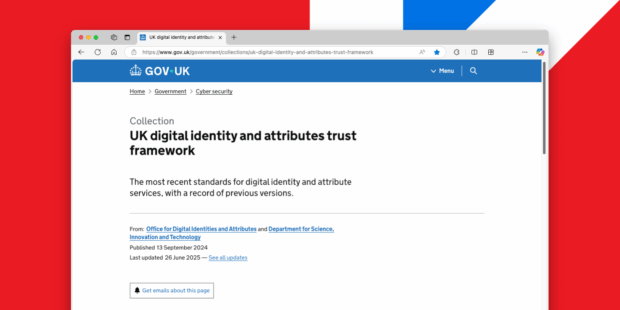How digital identity can support compliance with the UK’s Money Laundering Regulations

Guidance on how the UK digital verification services trust framework interacts with Money Laundering Regulations is now available. Find out more.

Guidance on how the UK digital verification services trust framework interacts with Money Laundering Regulations is now available. Find out more.

In OfDIA, we’re working to prepare for a future where people who want to use digital verification services across national borders have the option to do so in a way which is secure, privacy-preserving and inclusive. That’s why the UK’s …

In December 2024, the then Secretary of State for Science, Innovation and Technology (DSIT) announced that changes would be made to the Mandatory Licence Conditions (MLCs) under the Licensing Act 2003 to allow digital verification services (DVS) to be used …

The majority of the measures in Part 2 of the Data (Use and Access) Act 2025 have come into force today, 1 December 2025.

The GOV.UK register of digital identity and attribute services makes it easy to check and find digital verification services that you can trust. It's a digital service, so we've been making continuous improvements to the register in line with the …

We’ve been asked what a ‘good’ confirmation of user understanding, that meets the requirements of the trust framework, looks like.

Holder service providers must have processes in place to get in touch with users if there’s a change to their account or you’ve received a request to close their account. For gamma (0.4) certification, those processes must be multi-channel.

The United Kingdom Accreditation Service (UKAS) has granted accreditation to Kantara Initiative; making it the first UKAS-accredited conformity assessment body (CAB) certifying under the UK government’s Digital Identity and Attributes Trust Framework.

You need to have a valid certificate if you want to prove your service conforms with the UK digital identity and attributes trust framework, and want to apply to be listed on the GOV.UK register of services.

If a Part or Section in the trust framework applies to your role, then all of the rules in that Part or Section apply to your service. Your service must conform with all of the “must” rules, and service providers can choose whether or not to implement any “could” rules.